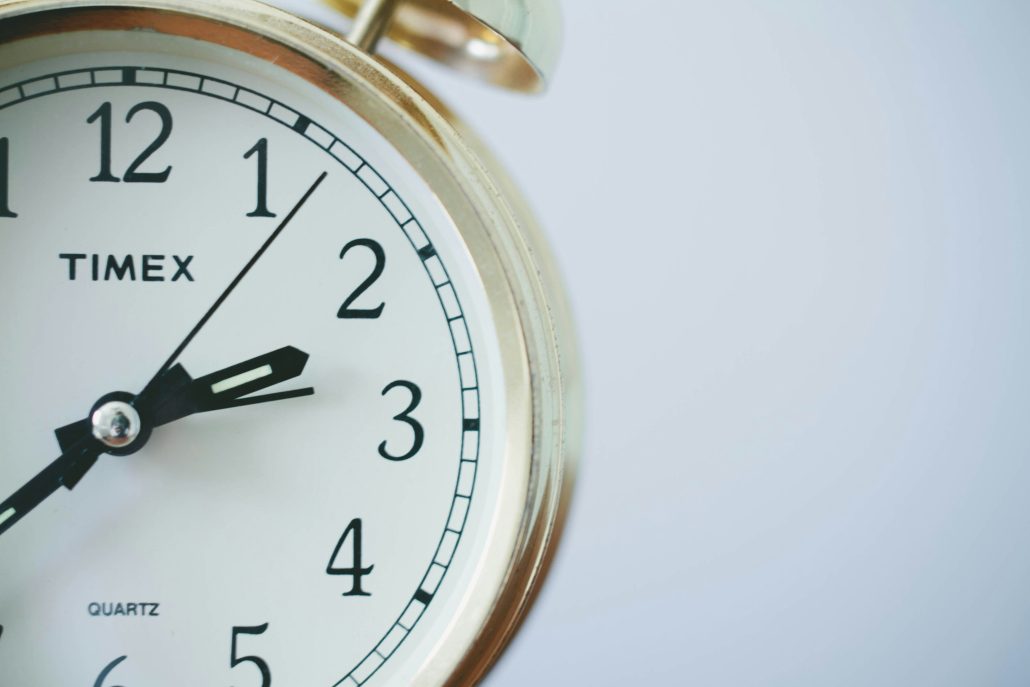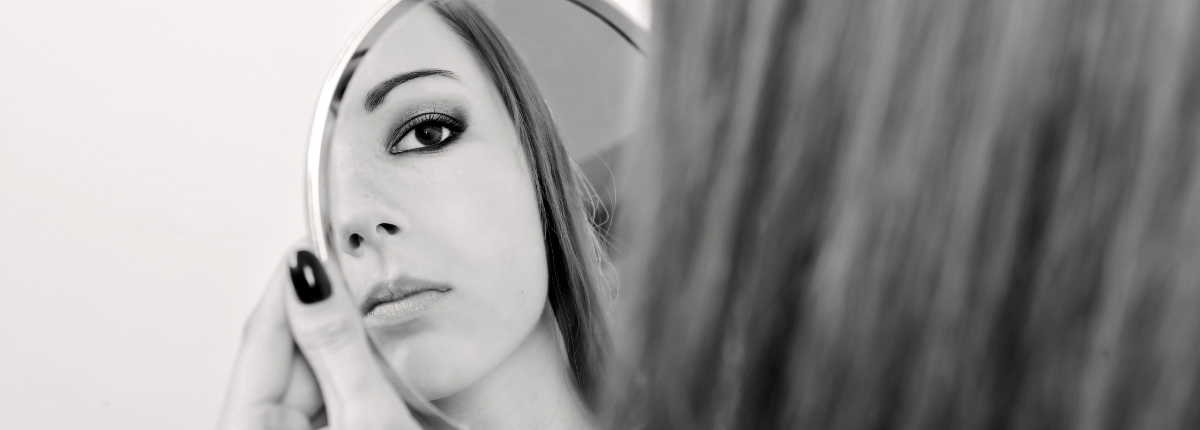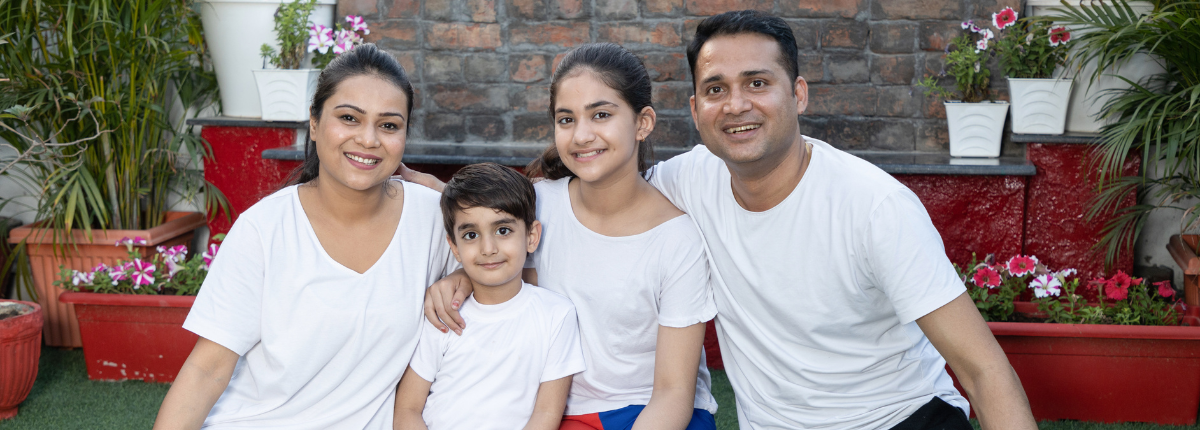This blog post represents the author’s views and should not be interpreted as professional/medical advice or endorsed by NEDA.
Have you ever felt like the world around you was shaping how you saw yourself?
For many of us, these influences go unnoticed until they start impacting our well-being. Eating disorders are a profound example of this—a silent struggle that too often goes unseen and untreated. Today, I want to share my journey and why early detection is not just important but can be life changing.
My Personal Story: A Battle with Body Image
When I was younger, I stumbled across a page on a popular Russian platform. It was filled with photos of extremely thin individuals, glorifying an unhealthy and unattainable standard of beauty. At the time, I was just a child with a healthy weight, but that page made me believe I was “fat.”
I began to view my body with disdain, comparing myself to the curated images on that page. I wanted to change myself—to fit into the mold I thought society valued. Those insecurities stayed with me for years, shaping how I saw myself and making me realize just how powerful and harmful societal influences can be. While my journey was deeply personal, it also gave me a glimpse into the struggles many face with eating disorders, highlighting the importance of understanding, empathy, and early support.
Even as an adult, I occasionally wrestle with thoughts about my appearance. However, I’ve learned to love my body for all that it does for me. It’s a process, but it’s a journey worth taking. My experience inspired me to contribute to the fight against eating disorders and help others find the support they need.
Understanding Eating Disorders as a Public Health Concern
Eating disorders are more than a personal struggle; they are a significant public health issue. According to the National Eating Disorders Association (NEDA), nearly 30 million Americans will experience an eating disorder in their lifetime. These conditions don’t discriminate—they affect people of all ages, genders, ethnicities, and body types.
Despite their prevalence, eating disorders are often misunderstood or dismissed. The stigma surrounding them prevents many individuals from seeking help, and the lack of awareness delays critical interventions.

The Importance of Early Detection
Early detection can be life-changing. Research shows that eating disorders are most effectively treated when identified early, reducing the risk of severe physical and psychological complications. Yet, the signs are often subtle and easy to overlook.
Common early warning signs include:
- Preoccupation with body image, weight, or food.
- Avoidance of social situations involving meals.
- Sudden changes in weight or eating habits.
- Physical symptoms like fatigue, dizziness, or hair loss.
How You Can Help
Raising awareness is one of the most powerful ways to make a difference. Here are actionable steps you can take to support early detection and treatment:
- Educate Yourself: Learn about the signs and symptoms of eating disorders. NEDA’s resources and online screening tool are excellent starting points.
- Start Conversations: Talking openly about eating disorders helps reduce stigma and encourages those struggling to seek help.
- Promote Body Positivity: Challenge societal beauty standards and celebrate diversity in body shapes and sizes.
Resources
Are you looking for an eating disorder treatment provider? Find treatment in your area or online.
Are financial barriers preventing you from seeking the support you need? Learn more about free and low cost support options to connect with others and provide tools to promote recovery.
Aleksandra Sadovska is a passionate advocate for mental health and wellness. Inspired by her personal experiences, she works to raise awareness about eating disorders and promote early intervention and recovery.





